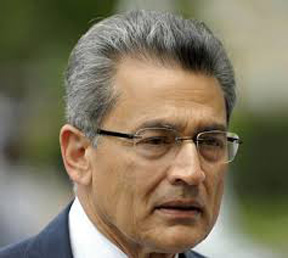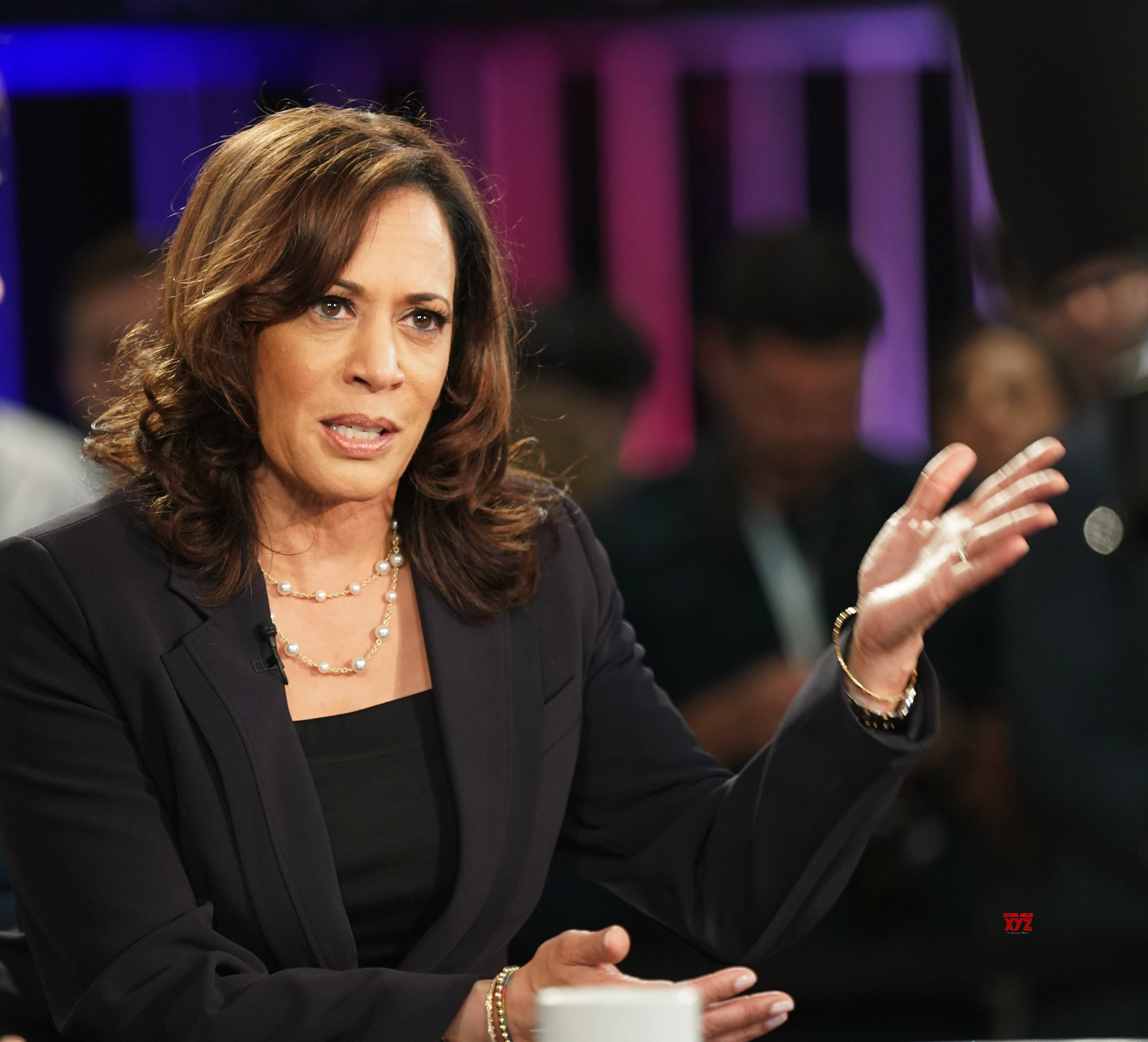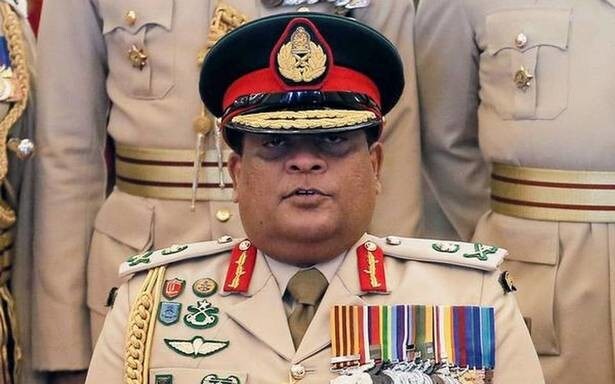 NEW YORK: India-born former Goldman Sachs director Rajat Gupta will have to report to jail next week to begin his two-year sentence on insider trading charges after the US Supreme Court rejected his bid to remain free on bail till his appeal for rehearing his conviction is decided on.
NEW YORK: India-born former Goldman Sachs director Rajat Gupta will have to report to jail next week to begin his two-year sentence on insider trading charges after the US Supreme Court rejected his bid to remain free on bail till his appeal for rehearing his conviction is decided on.
Gupta, convicted in 2012 of passing confidential board room information to his friend and business associate Raj Rajaratnam, is scheduled to begin his prison term on June 17.
US district judge Jed Rakoff, who presided over his trial, would recommend that 65-year-old Gupta be assigned to a medium-security prison in Otisville, about 70 miles northwest of New York City.
Gupta had submitted a 118-page submission to Supreme Court Justice Ruth Bader Ginsburg on June 10, requesting to remain free on bail and saying that if an appeals court rules in his favor, he will “likely” be entitled to a new trial.
The former Mckinsey head, who has so far remained free on bail, said he presents no risk of flight or danger to the community, and he has abided by all conditions of release set by the district court.
Ginsburg, who oversees emergency applications, denied Gupta’s request in an order passed yesterday.
Ginsburg made no comment on denying Gupta’s request.
A spokesperson at the office of Gupta’s lawyer Seth Waxman, a former US solicitor general, said Waxman does not usually comment on pending matters but added that “unfortunately Gupta’s application was denied.”
The Harvard-educated Gupta is one of the most high- profile Wall Street executives to be convicted of insider trading, charges that were brought against him by Manhattan’s India-born top federal prosecutor Preet Bharara.
Apart from the two-year prison term, Gupta has been ordered to pay USD five million in fine and a separate USD six million in restitution to Goldman Sachs.
Gupta’s submission to the US Supreme Court was his last-ditch effort to avoid going to prison. He had last month filed a motion in the court of appeals to stay his surrender date and for bail pending the disposition of his rehearing petition but the court had denied that motion.
In his application to the Supreme Court, Gupta had requested the “continuation of his release on bail pending the disposition of his petition for rehearing and rehearing en banc to the Second Circuit…and, if necessary, this Court’s disposition of his petition for a writ of certiorari.”
Gupta has filed his petition for rehearing his case before the Second Circuit appeals court in April and the court is yet to act on that petition.
His team of lawyers said if his bail is not continued, he would be required to report to prison next week despite satisfying the standards for bail pending appeal.
“If Gupta is forced to surrender before his certiorari proceedings are resolved, there is a high likelihood that, were this Court to grant certiorari, Gupta will have served at least half of his two-year sentence before the Court issues its decision,” the submission said.
His appeal for rehearing his case hinges on two errors he said were made at his trial due to which he was convicted.
Gupta said the wiretaps of Rajaratnam’s telephone used by the prosecution as the most powerful evidence against him in his trial were improperly admitted.
He said if any of the wiretaps should have been suppressed, the court is likely to reverse his conviction.
He further argues that evidence of his good character was “critically important” in this case but the character evidence presented at trial was only reluctantly admitted by the district court, which then refused to instruct the jury that they could take into account the character evidence to decide whether he was innocent or guilty.
He said the contentions in his petition are “likely to result” in reversal of his conviction and a new trial on all counts.
His petition for certiorari, which his counsel said is prepared to file on an expedited basis should the court of appeals deny rehearing, is not for the purpose of delaying the case proceedings.
Gupta sought to make a strong case before the apex court that he has lead an exemplary life and has been involved in philanthropic causes and that the charges ?against him are only “deviations” from a life lived with integrity.
He has argued that there was no evidence that he received any direct financial benefit from any of Rajaratnam’s trades.
“Gupta himself did not trade on inside information, and there was no evidence that Rajaratnam compensated him from providing any information,” he says.
His lawyers add that the government did not have any witness who could testify to a tip or any recording of Gupta providing Rajaratnam the tips for his trades.–PTI






